PPT-Programming Abstractions
Author : karlyn-bohler | Published Date : 2019-02-04
Cynthia Lee CS106B Todays Topics Quick final exam discussion Detailslogistics topics sources for practice problems Quarter wrapup Putting it all together what have
Presentation Embed Code
Download Presentation
Download Presentation The PPT/PDF document "Programming Abstractions" is the property of its rightful owner. Permission is granted to download and print the materials on this website for personal, non-commercial use only, and to display it on your personal computer provided you do not modify the materials and that you retain all copyright notices contained in the materials. By downloading content from our website, you accept the terms of this agreement.
Programming Abstractions: Transcript
Download Rules Of Document
"Programming Abstractions"The content belongs to its owner. You may download and print it for personal use, without modification, and keep all copyright notices. By downloading, you agree to these terms.
Related Documents

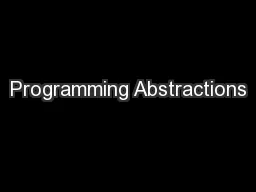
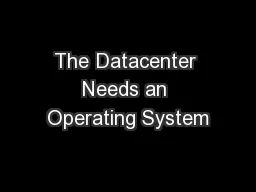
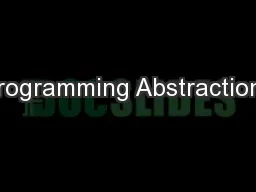
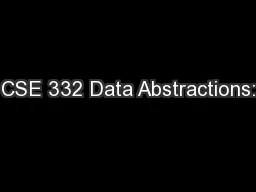
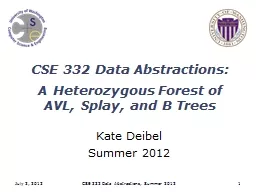
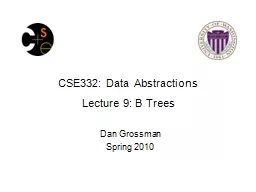
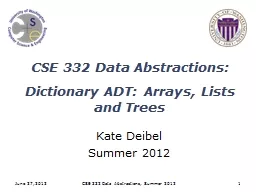
![[eBOOK]-Programming 60: C++ Programming Professional Made Easy & MYSQL Programming Professional](https://thumbs.docslides.com/980127/ebook-programming-60-c-programming-professional-made-easy-mysql-programming-professional-made-easy-c-programming-c-language-c-for-beginners-c-mysql-programming-mysql-c-programming.jpg)
![[FREE]-Programming 58: C++ Programming Professional Made Easy & Windows 8 Tips for Beginners](https://thumbs.docslides.com/980128/free-programming-58-c-programming-professional-made-easy-windows-8-tips-for-beginners-c-programming-c-language-c-for-beginners-c-programming-programming-windows-8-c-programming.jpg)
![[PDF]-Programming 3: Python Programming Professional Made Easy & C Programming Success](https://thumbs.docslides.com/980147/pdf-programming-3-python-programming-professional-made-easy-c-programming-success-in-a-day-c-programming-c-programming-c-programming-language-html-python-programming-python-java-php.jpg)
![[FREE]-Programming 16: Python Programming In A Day & C Programming Professional Made Easy](https://thumbs.docslides.com/980148/free-programming-16-python-programming-in-a-day-c-programming-professional-made-easy-c-programming-c-programming-c-programming-language-html-python-python-programming-coding-css-java-php.jpg)
![[FREE]-c programming textbook.c programming book.c programming language.c programming.c](https://thumbs.docslides.com/988978/free-c-programming-textbook-c-programming-book-c-programming-language-c-programming-c-programming-visual-quickstart-guide-c-programming-for-dummies-absolute-beginner-s-beginner-exercises-in-easy-steps-642e5628328e6.jpg)